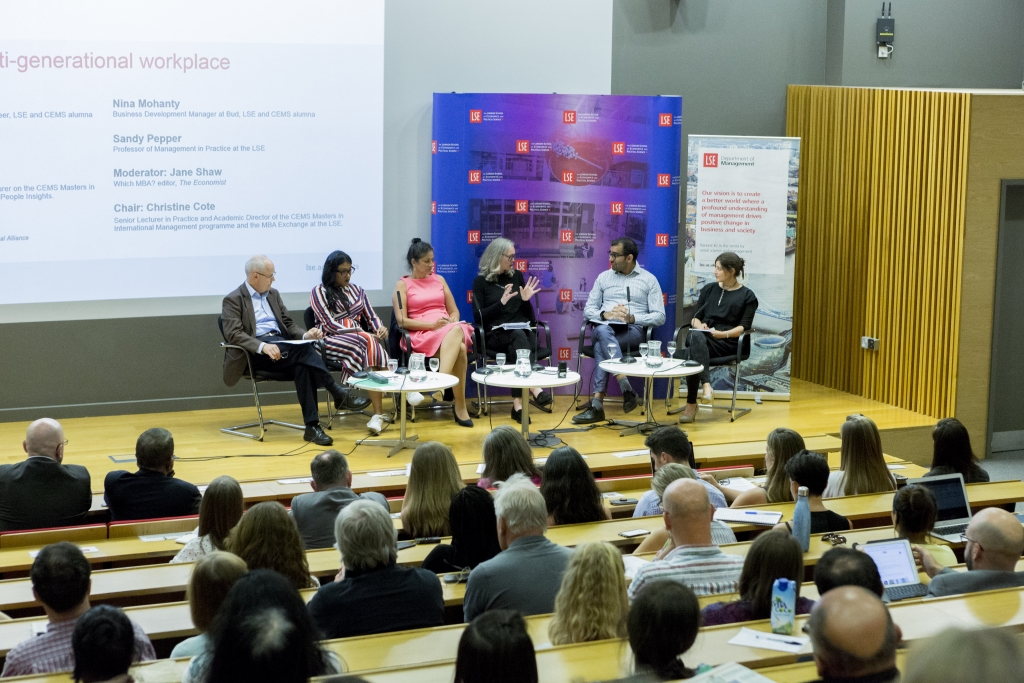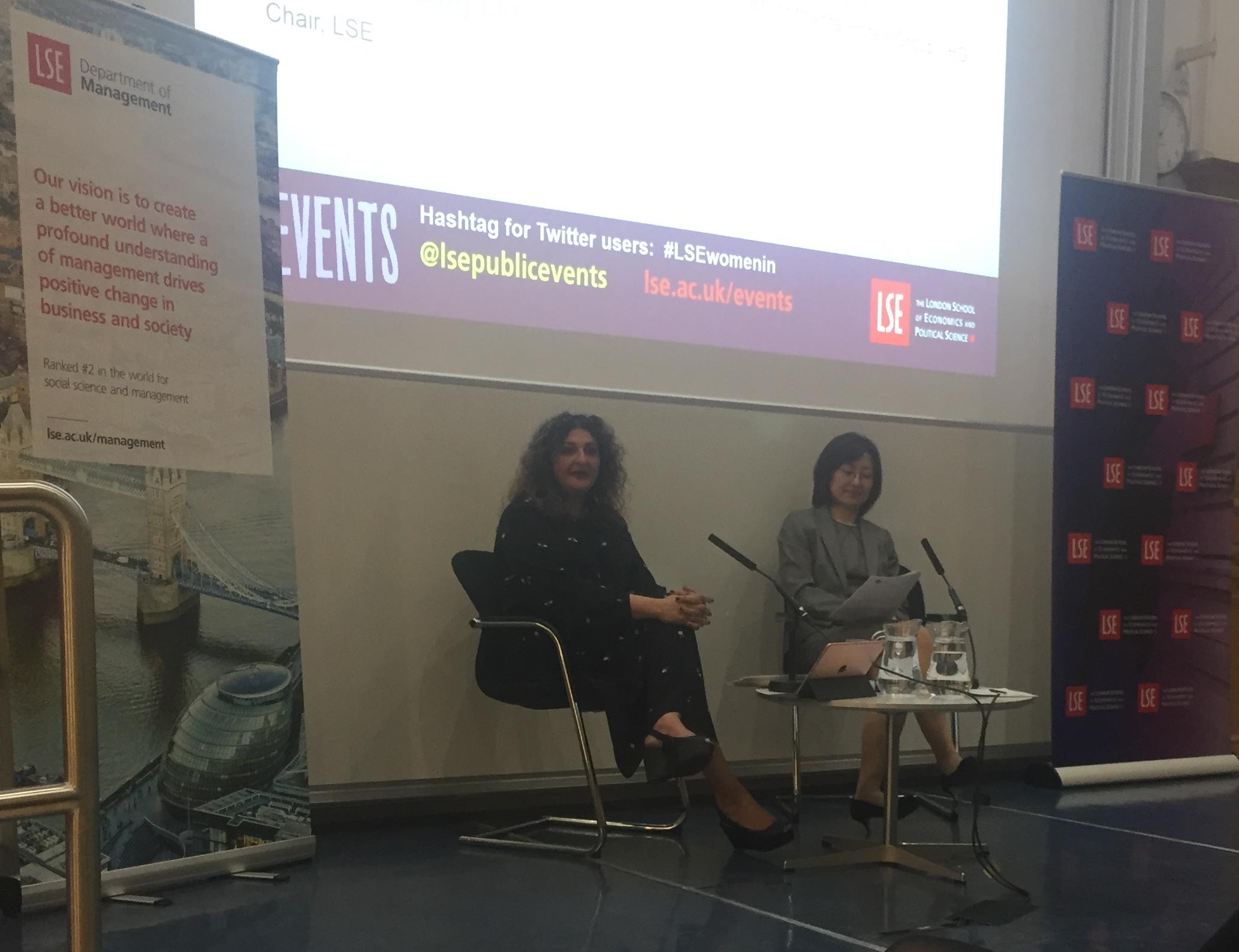In celebration of the 30th anniversary of LSE’s international exchange partner CEMS, the Department of Management held a public lecture focusing on the challenges facing different generations at work. MSc Management & Strategy student Srishti Gupta attended the ‘Mastering the multi-generational workplace’ talk to find out whether Millennials really are as bad as they’re made out.
Every millennial at some point has experienced the taunts of the older generations.
They tell us that we’re always staring at our screens, or that we cannot carry out a conversation, or do not have a linear career path laid out for ourselves. How do these comments and the associated mindsets translate into the workplace? This was the question being discussed by a multi-generational panel of guests at the LSE public event titled ‘Mastering the Multi-Generational Workplace’. Chaired by Jane Shaw from The Economist, the event aimed to facilitate a discussion about the stereotypes regarding baby boomers, Generation X, millennials and Generation Z and how an organization can navigate them.
(You can listen to the official LSE podcast of the event here)
Professor Sandy Pepper kicked off the discussion with an interesting classification of the generations based on their music tastes – baby boomers having an affinity towards The Beatles, Gen X showing a liking for Michael Jackson and millennials being identified with their interest in artists like the Black Eyed Peas and Justin Bieber. This evolved into an insightful discussion about the various definitions of the inter-generational workers, the means of communication among these workers in the office, and finally, how to manage such workspaces.
What stood out for me during the conversation was the expectations that millennials have from their jobs. Representing the voice of all millennials present during the event (something that was a huge responsibility), Nina Mohanty accurately pointed out how people of our generation want meaningful work, which is personally challenging yet impactful, both for the company as well as for society. I can relate to these comments – and regardless of their field, from social policy to finance, many of my friends feel the same way.
The hopeful conclusion was that a lot of organisations are cognizant of the changing needs of the new workers and are designing policies to accommodate those demands. At the same time, firms are also focusing on creating a culture of collaboration where inter-generational teams can work together to learn from each other. The younger generation of millennials can bring in their fresh ideas and radical innovations which, balanced by the experience and risk managing attitude of the generations before them, can lead to a better functioning organisation overall. Other initiatives such as reverse mentoring, mindfulness training and trust building exercises are also being adopted within the workplace to allow them to keep up with the evolving workplace.
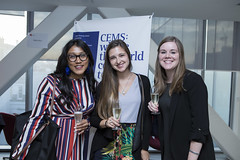
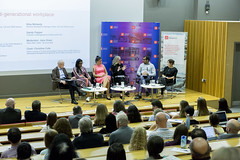
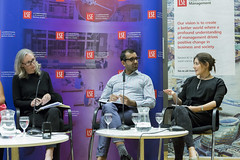
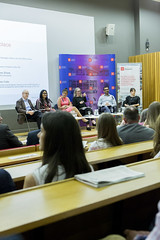
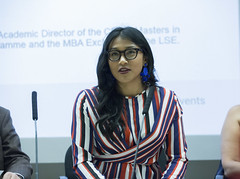
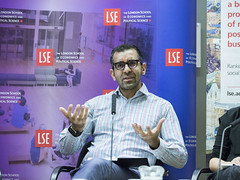
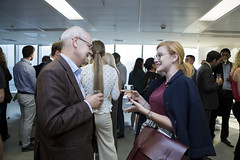
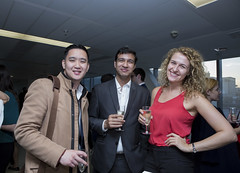
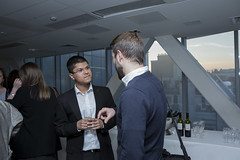
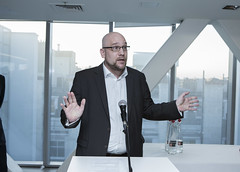
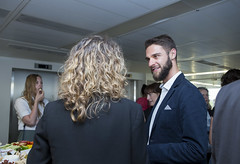
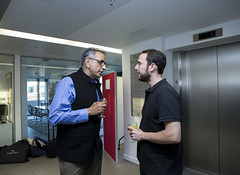
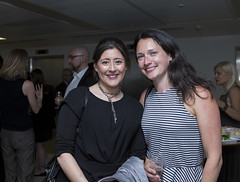
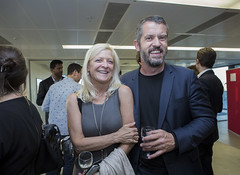
At the time of the seminar, I struggled to relate to some of the problems of the older generations, probably because I didn’t have any experience of working with multi-generational co-workers. However, to my surprise, this was the first issue that came up when I started interning at Tata Consultancy Services (TCS) a few weeks later.
Prompted by my experience at LSE’s talk, I jumped at the opportunity to be a part of another seminar which brought together leaders from different industries such as civil services, the NHS, a charitable trust and so on to discuss the problems they face while working with a diverse and multi-generational workforce. The leaders discussed the challenges they face and attempted to understand how a multi-national corporation like TCS tackles these issues, and whether those initiatives could be adapted and adopted within their own field of work to create a workplace which would be equally inclusive.
This enriching experience allowed me to gain a deeper understanding of how organisations are taking proactive measures to create an environment which allows employees of all ages to feel like a valued part of the company. Addressing these challenges with reference to principles of agile working and lean management also helped me link these issues with the ideas of Eric Ries which I came across at my first public lecture.
Having experienced the relevance of public lecture discussions, I was finally able to break the perception of LSE being too theoretical.
Learn more about the MSc in Management and Strategy programme.


